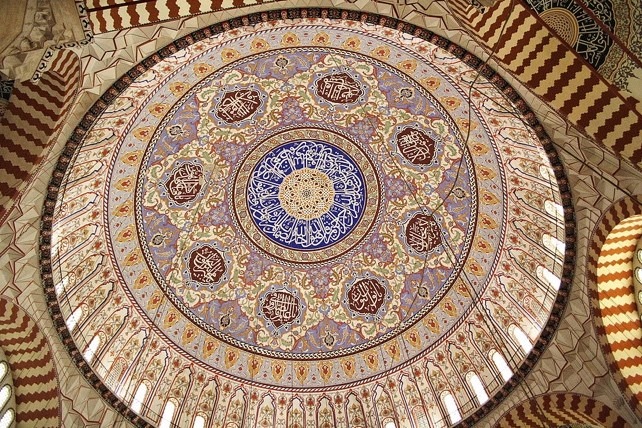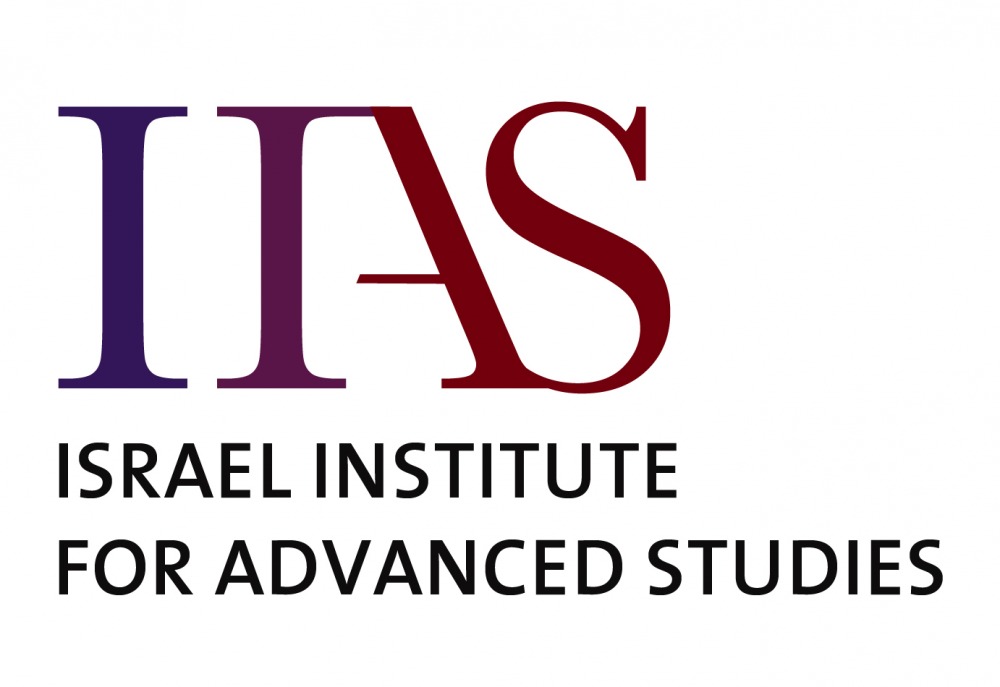
Please join us for our upcoming seminar on: "The Haram el Sharif as a 'shared' Sacred Space in the Eyes of Late Medieval Christian Pilgrims" by Prof. Iris Shagrir (The Open University, Israel).
Monday, June 14, 2021, from 17:30 to 19:00 (Israel time) via zoom.
To receive the Zoom link, please subscribe by contacting Alon Ben Yehuda on alon.ben-yehuda@mail.huji.ac.il.
ABSTRACT
Textual evidence from the end of the 15th and the early 16th centuries, which has been mostly unnoticed so far, attests to the encounter of western European pilgrims and travelers with the marvelous sights of late medieval Jerusalem, specifically those sites that were strictly forbidden and off limits to non-Muslims. Testimonies in Latin, Hebrew and Italian penned by westerners reveal a renewed fascination with the Haram al-Sharif and record attempts to gain access to the barred compound. These texts provide an opportunity to study the relations between members of the different religions living or visiting late medieval Jerusalem, and demonstrate their ongoing conversation regarding the Haram.
The main question that seems to evolve from the evidence is whether they point toward a reconfiguration of the Christian perception of the symbolic and concrete space of the Temple Mount, and whether the interactions they describe reveal new cross-flows between Christians and the Muslims sovereigns. The texts attest to a plurality of interactions, some real, some may be fictional. They show how Non-Muslim negotiate their presence in the holy city, how they react to the aesthetics of the shrines on the Temple Mount, and decode them within the language and vocabulary of their own religion. The paper will briefly address the wider Mediterranean context of shared religious shrines, especially Marian shrines, in trans-cultural interaction.
Iris Shagrir is a professor of medieval history and the currently chairperson of the department of History, Philosophy and Judaic Studies at the Open University of Israel. She specializes in social and cultural history of the Middle Ages, Christian Muslim relations, crusades studies, pilgrimage and medieval naming patterns.
Her publications include:
Naming Patterns in the Latin Kingdom of Jerusalem (Oxford, Prosopographica et Genealogica, , Oxford 2003)
Communicating the Middle Ages: Studies in Honour of Sophia Menache, ed. Iris Shagrir, B.Z. Kedar and Michel Balard, Crusades Subsidia (Abingdon: Routledge, 2018).
In Laudem Hierosolymitani: Studies in Crusades and Medieval Culture in Honour of Benjamin Z. Kedar, Edited by Iris Shagrir, Ronnie Ellenblum and Jonathan Riley-Smith, Ashgate Publishing, (Crusades Subsidia series: Ashgate, Aldershot, 2007).
The Parable of the Three Rings and the idea of Religious Tolerance in the Middle Ages and Early Modern Era (Magnes Press, 2017, Hebrew)
Liturgy and Devotion in the Crusader States, eds. Iris Shagrir and Cecilia Gaposchkin, Taylor and Francis, (Abingdon: Routledge, 2019)
The Parable of the Three Rings and the Idea of Religious Toleration in European Culture (Palgrave-Macmillan, 2019)
שגריר, איריס, מסעי הצלב: היסטוריה והיסטוריוגרפיה, האוניברסיטה הפתוחה, רעננה, 2020

